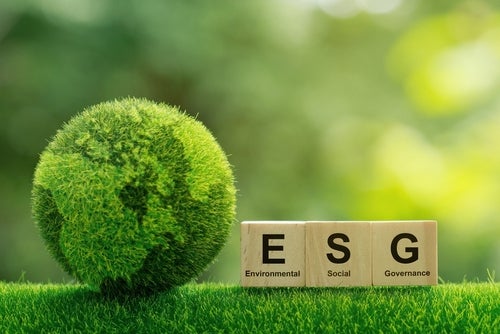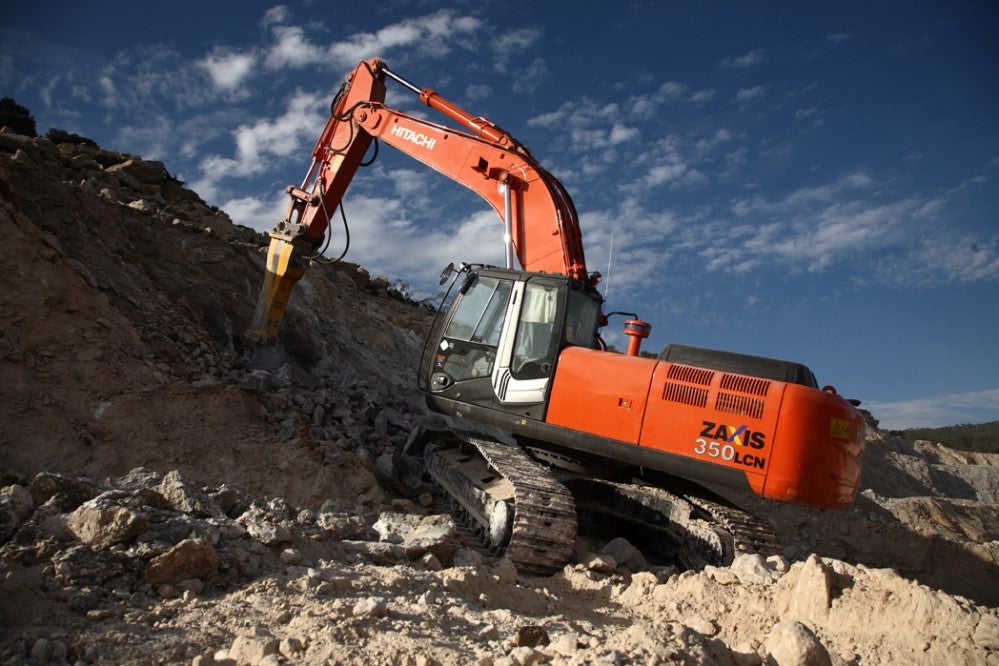Italian captive is
backed by Chinese cranes and concrete kit company. Liz Bury
reports.
 New
New
Chinese-owned captive finance house Zoomlion Capital Italy has
wrote €5m of business in Italy in the final six months of
2010.
In one of the first examples
of a Chinese manufacturer backing a European captive, it was set up
after Zoomlion, Chinese manufacturer of cranes and concrete-making
machinery, acquired Cifa, Italy’s largest concrete equipment
manufacturer.
Alessandro Iacono, hired by
Zoomlion in early 2010 to establish the Italian captive, said: “We
are a pure captive, here to finance and support sales of Cifa
equipment.
“At the moment all our
activity is self-funded. Our cost of funds is low compared to the
market competition and customers appreciate this.”
How well do you really know your competitors?
Access the most comprehensive Company Profiles on the market, powered by GlobalData. Save hours of research. Gain competitive edge.

Thank you!
Your download email will arrive shortly
Not ready to buy yet? Download a free sample
We are confident about the unique quality of our Company Profiles. However, we want you to make the most beneficial decision for your business, so we offer a free sample that you can download by submitting the below form
By GlobalDataZoomlion Capital Italy has 25
customers on its books so far, with €10m more of deals to close in
early 2011.
It achieved 30% penetration
of Cifa’s sales in Italy in the second half of 2010, and expects
business worth €35m in 2011.
Cifa has two brands in Italy
with sales of equipment worth about €80m.
“The construction sector is
now in deep crisis. Cifa turnover in 2010 was similar to 2009, but
that was half of the 2008 level. Customers are continuing to use
old equipment and to wait,” Iacono said.
“We expect a recovery in
2011, and a decent recovery in 2012.”
The Italian captive funds
mostly truck mixers and pumps, achieving 50% penetration in these
segments during the second half of 2010; and some Zoomlion kit –
business which Iacono describes as “a work in progress”.
“There is a commercial
incentive to focus on the customer,” he said. “The end user is the
customers and the sales force of Cifa is the customer, but only if
they see me as a good sales tool.”
Plans are being made possibly
to expand beyond Italy into other European markets.
“We are trying to identify a
strategy to open in other countries: what is the best way, a direct
presence or with a third party?” Iacono asked.
Cifa began manufacturing in
Italy in the 1920s and has 80% market share in the country. It is
the third-largest concrete equipment manufacturer in Europe behind
Germany’s Putzmeister and Liebherr, and operates in eight different
segments.
Zoomlion’s acquisition of
Cifa in 2008 created the world’s largest crane and
concrete-equipment manufacturer. Based in Changsha, central China,
Zoomlion set up a Chinese captive soon after the acquisition, and
later established the Italian branch.
Iacono’s career in leasing
includes roles at Hewlett Packard and GE Capital. He has hired a
team of four in Italy, covering sales, credit management, general
management, and back office functions.
“I have worked for US
multinationals,” he said.
“The Chinese are very smart.
You don’t see my Chinese boss in the Milan headquarters of Cifa.
They delegate a lot. They have to learn to be a multinational, and
are not trying to be conquerors of Cifa.”
Zoomlion also has operations
in Australia, Russia and the US, where it is further behind in
establishing a financing business.
It sought to sell stock worth $1.2bn ($907m) on the Hong
Kong Stock Exchange in December 2010, and already has shares listed
in Shenzhen, China.







